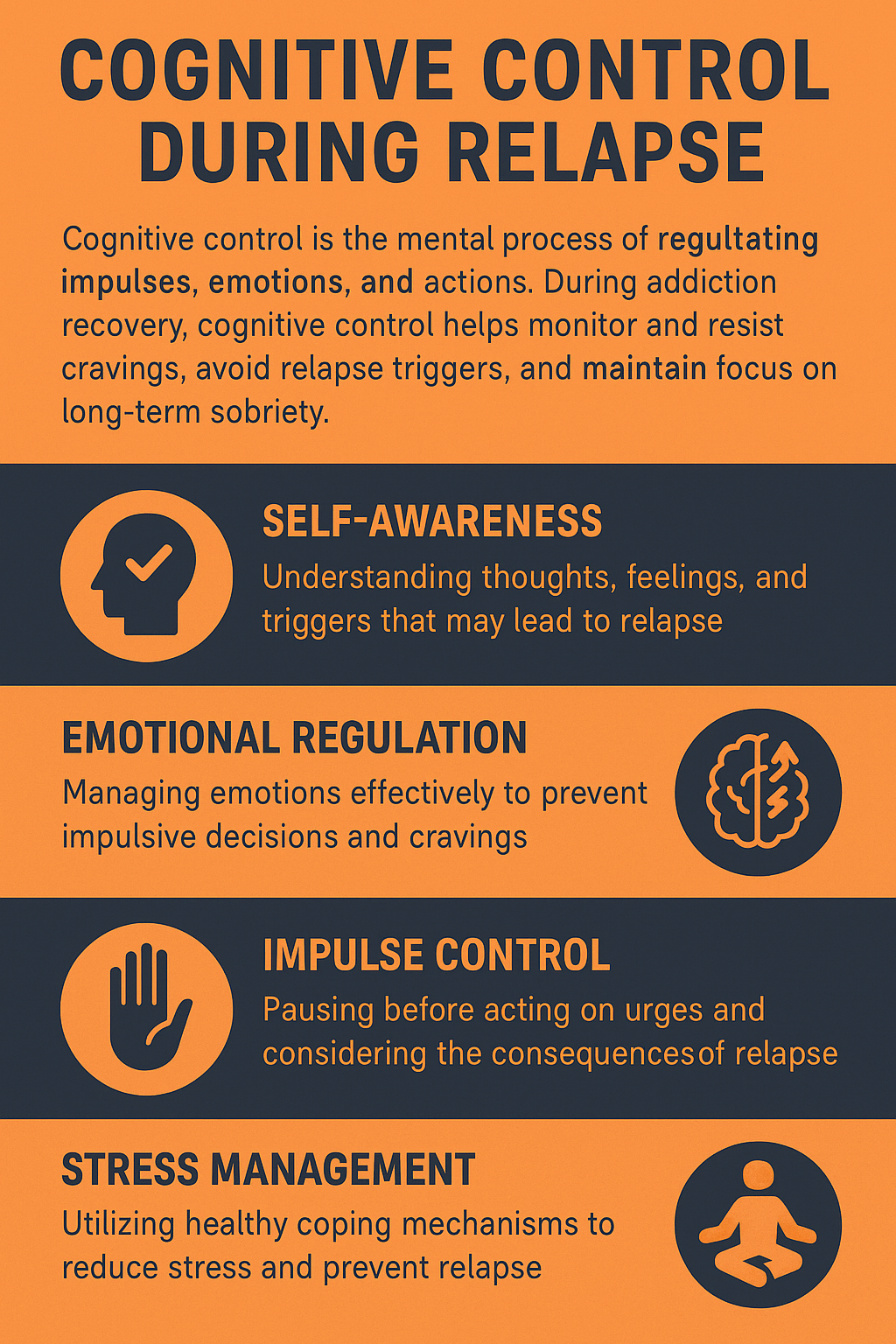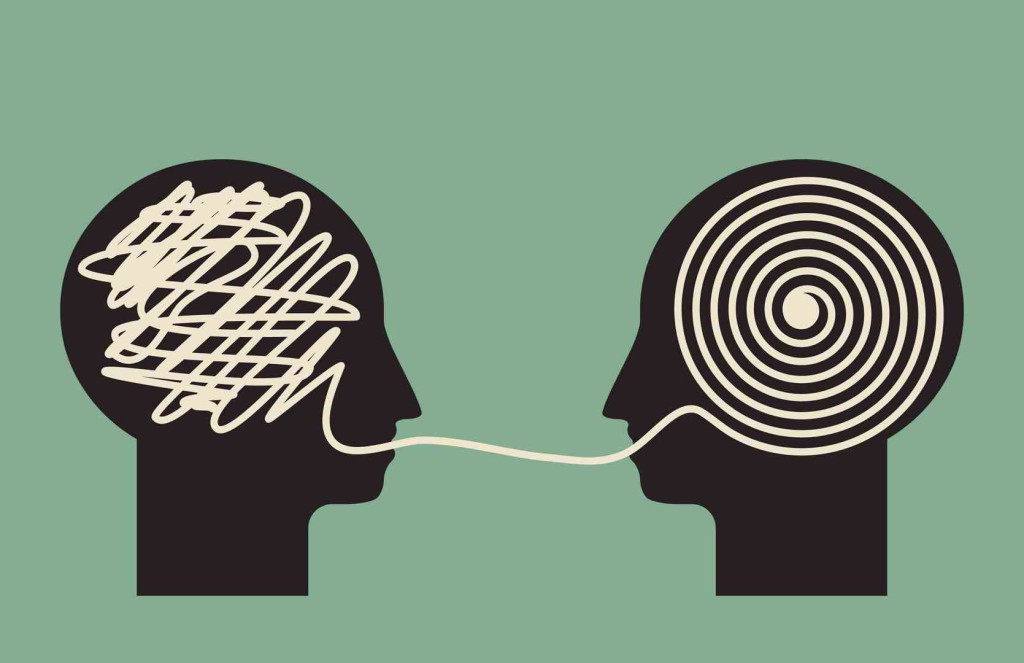Cognitive control is the brain’s ability to manage thoughts, emotions, and behaviors, which is essential for overcoming addiction. It involves neurotransmitters such as dopamine and serotonin that affect decision-making and impulse control. Key behaviors include self-regulation and goal setting. Self-management strategies, such as mindfulness and coping skills, strengthen cognitive control during recovery. Family support, through a nurturing environment and open communication, along with community resources like support groups and therapy, provides crucial reinforcement to maintain cognitive control and prevent relapse. Together, these strategies offer a comprehensive approach to recovery.
Strengthening Cognitive Control to Prevent Relapse
Cognitive control during relapse refers to the ability to regulate thoughts, emotions, and behaviors when facing triggers that may lead to addictive behaviors. It requires conscious effort to resist cravings, override impulses, and make healthier choices to maintain sobriety.
In addiction recovery, cognitive control plays a crucial role in:
- Recognizing Triggers: Identifying emotional, environmental, or social cues that provoke cravings.
- Resisting Impulses: Using strategies to control urges and prevent relapse.
- Emotional Regulation: Managing stress, anxiety, and other emotions that may lead to substance use.
- Problem-Solving: Developing healthier coping mechanisms instead of resorting to addiction.
- Decision-Making: Prioritizing long-term recovery goals over short-term gratification.
Strengthening cognitive control helps individuals stay focused on recovery and manage distress effectively. Therapies like Cognitive Behavioral Therapy (CBT) are widely used to enhance these skills, providing tools to navigate challenges and prevent relapse. By developing strong cognitive control, individuals can build resilience and maintain long-term sobriety.
Understanding Unreliable Cognitive Control During Relapse
When cognitive control is unreliable during relapse, individuals struggle to regulate their thoughts, emotions, and behaviors in response to triggers, increasing the risk of returning to substance use. Despite knowing the consequences, they may find it difficult to resist cravings due to several key factors:
- Overpowering Cravings: Intense urges can overwhelm self-control, leading to impulsive relapse.
- Emotional Dysregulation: Stress, anxiety, or depression impair decision-making, making addiction a coping mechanism.
- Neurobiological Factors: Changes in brain chemistry reduce self-regulation and increase cravings.
- Environmental Triggers: Familiar people, places, or situations linked to addiction can weaken resistance.
- Fatigue or Mental Exhaustion: Cognitive control requires energy, and depletion increases the risk of relapse.
- Cognitive Distortions: Justifying or minimizing the consequences of relapse weakens self-restraint.
- Lack of Coping Strategies: Without practical tools, resisting cravings becomes more difficult.
To strengthen cognitive control, ongoing support is crucial. Therapy, mindfulness practices, relapse-prevention techniques, and emotional-resilience training can help individuals manage triggers and maintain long-term recovery. Approaches like Cognitive Behavioral Therapy (CBT) and mindfulness-based interventions enhance self-regulation, reducing the likelihood of relapse and promoting sustained sobriety.
How Brain Chemistry Affects Cognitive Control During Relapse
When recovering from addiction, brain chemistry plays a crucial role in whether a person can resist the urge to relapse. Several key brain systems influence cognitive control:
- Dopamine and Reward System: Addiction hijacks the brain’s dopamine system, making cravings feel overwhelming and hard to resist.
- Prefrontal Cortex: This decision-making center weakens in addiction, reducing impulse control and intelligent decision-making under stress.
- Amygdala and Emotions: Heightened stress and emotional triggers make it harder to think rationally and resist cravings.
- Glutamate and Learning: The brain associates places or situations with substance use, reinforcing cravings when exposed to triggers.
- Stress Hormones: High stress hormone levels impair impulse control, making relapse more likely.
- Endocannabinoid System: This system intensifies cravings and reinforces addictive behaviors.
- Habits and Neuroplasticity: Addiction rewires the brain, creating automatic behaviors that drive relapse even when someone wants to quit.
Understanding these brain mechanisms helps doctors and therapists develop treatments, such as cognitive behavioral therapy (CBT) and stress management techniques, to strengthen cognitive control and support long-term recovery.
Strengthening Cognitive Control to Prevent Relapse
Improving cognitive control during relapse is essential for maintaining recovery. Self-management strategies can help individuals resist cravings and make healthier choices.
- Mindfulness and Meditation: Staying present and practicing deep breathing can help regulate emotions and prevent impulsive decisions.
- Cognitive Behavioral Techniques (CBT): Identifying and challenging negative thought patterns reduces the risk of relapse.
- Healthy Coping Skills: Engaging in exercise, hobbies, or social activities can help manage stress without turning to substances.
- Relapse Prevention Plan: Preparing for high-risk situations with specific strategies strengthens self-control.
- Positive Self-Talk: Using affirmations like “I am strong” builds confidence and resilience.
- Setting Small Goals: Achievable milestones keep motivation high and prevent feeling overwhelmed.
- Social Support and Accountability: Regular check-ins with supportive people provide encouragement and guidance.
- Stress Management: Yoga, deep breathing, and relaxation exercises reduce stress and improve mental clarity.
- Distraction and Delay Tactics: Using the “10-minute rule” helps resist cravings by creating a mental pause.
- Sleep and Nutrition: Proper rest and a healthy diet improve cognitive function and emotional balance.
By incorporating these strategies, individuals can strengthen their cognitive control, enhance resilience, and reduce the likelihood of relapse, ensuring long-term recovery success.
Strengthening Cognitive Control During Relapse: The Role of Family Support
Family support is crucial in helping individuals maintain cognitive control during relapse by providing emotional, psychological, and practical assistance. Here are key strategies families can use to support recovery:
- Creating a Safe Environment: Ensure the home is free from triggers and provides a stress-free, non-judgmental space.
- Open Communication: Practice honest and empathetic discussions without blame to reduce emotional distress.
- Encouraging Healthy Routines: Support habits like exercise, proper sleep, and balanced nutrition to enhance cognitive function.
- Positive Reinforcement: Celebrate progress and provide motivation to strengthen self-control.
- Identifying Triggers: Help recognize and manage high-risk situations that may lead to relapse.
- Modeling Healthy Coping Skills: Demonstrate effective stress management and emotional regulation.
- Being Patient and Understanding: Acknowledge recovery as a long-term process and offer consistent encouragement.
- Avoiding Enabling Behaviors: Set healthy boundaries while promoting personal responsibility.
- Supporting Professional Help: Encourage therapy and recovery programs to reinforce cognitive control strategies.
- Building Trust and Accountability: Foster responsibility through goal-setting and regular check-ins.
- Assisting with Relapse Prevention Plans: Work together to create a structured plan for managing cravings and early warning signs.
By implementing these strategies, families can strengthen their loved one’s cognitive control, helping them stay on track and build resilience against relapse.
Strengthening Cognitive Control in Recovery: The Role of Community Resources
Community resources play a vital role in supporting individuals in recovery by providing tools, networks, and opportunities to enhance cognitive control and resist relapse. Here are key strategies that communities can offer:
- Support Groups and Peer Networks: Regular participation in groups like AA, NA, or SMART Recovery fosters accountability and shared learning.
- Therapy and Counseling Services: Access to CBT, DBT, and mental health clinics helps address underlying triggers and strengthens decision-making skills.
- Sober Living Communities: These provide structured, substance-free environments that reduce exposure to relapse triggers.
- Life Skills and Educational Programs: Training in financial management, problem-solving, and job readiness improves stability and resilience.
- Crisis Hotlines and 24/7 Support: Immediate assistance through helplines like SAMHSA’s can prevent impulsive relapse decisions.
- Physical Activity and Recreation: Engaging in sports or fitness programs reduces stress and enhances emotional regulation.
- Mentoring and Peer Support: Learning from individuals with sustained recovery provides motivation and guidance.
- Addiction and Mental Health Workshops: Education about addiction’s impact on the brain empowers individuals to maintain control.
- Employment and Vocational Support: Job stability enhances self-worth, financial security, and structured living.
- Spiritual and Faith-Based Support: Religious organizations offer recovery programs and moral encouragement.
- Family and Relationship Counseling: Strengthening family dynamics reduces stress and improves support networks.
- Medication-Assisted Treatment (MAT): Access to MAT for opioid and alcohol recovery helps manage cravings and withdrawal symptoms.
By utilizing these community resources, individuals in recovery can enhance their cognitive control, develop resilience, and maintain long-term sobriety.
Frequently Asked Questions
Here are some common questions
Question: Why is it so hard to resist the urge to relapse or go back to using the substance?
Answer: The brain’s reward system, emotional control areas, and stress reactions all play a role in making it hard to resist relapse. These factors make it difficult for someone to use their brainpower to make healthy decisions, especially when faced with triggers or intense emotions.
Question: How can self-management strategies help cognitive control to prevent relapses?
Answer: These strategies, such as therapy, mindfulness practices, relapse-prevention techniques, and building emotional resilience, help enhance the ability to make healthy, thoughtful decisions rather than succumbing to the urge to relapse.
Question: How can family members improve the individual’s cognitive control and reduce the chances of relapse?
Answer: Family member involvement provides emotional, practical, and psychological support that can positively impact the recovery process.
Conclusion
Cognitive control is vital for addiction recovery, as it enables individuals to manage impulses, regulate emotions, and make healthy decisions. The brain chemistry involved, including neurotransmitters like dopamine and serotonin, plays a crucial role in these processes. Behaviors such as self-regulation and goal-setting further enhance cognitive control. Effective self-management strategies, such as mindfulness and coping techniques, empower individuals to maintain focus on their recovery. Family support and community resources, such as support groups and therapy, provide essential reinforcement and a strong support network, contributing to long-term sobriety and improved cognitive control. Together, these factors create a well-rounded approach to overcoming addiction and maintaining recovery.
Video: Can You Rewire Your Brain After Relapse?

